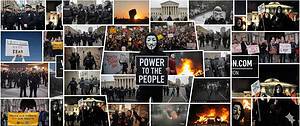First Amendment Retaliation and Unlawful Arrest Constitutional Framing of First Amendment Retaliation Resulting in The Unlawful Arrest Due to Obscenity...
First Amendment & Viewpoint Discrimination | Darren Chaker
Expert Analysis on Free Speech, Proscribable Speech & Constitutional Rights


